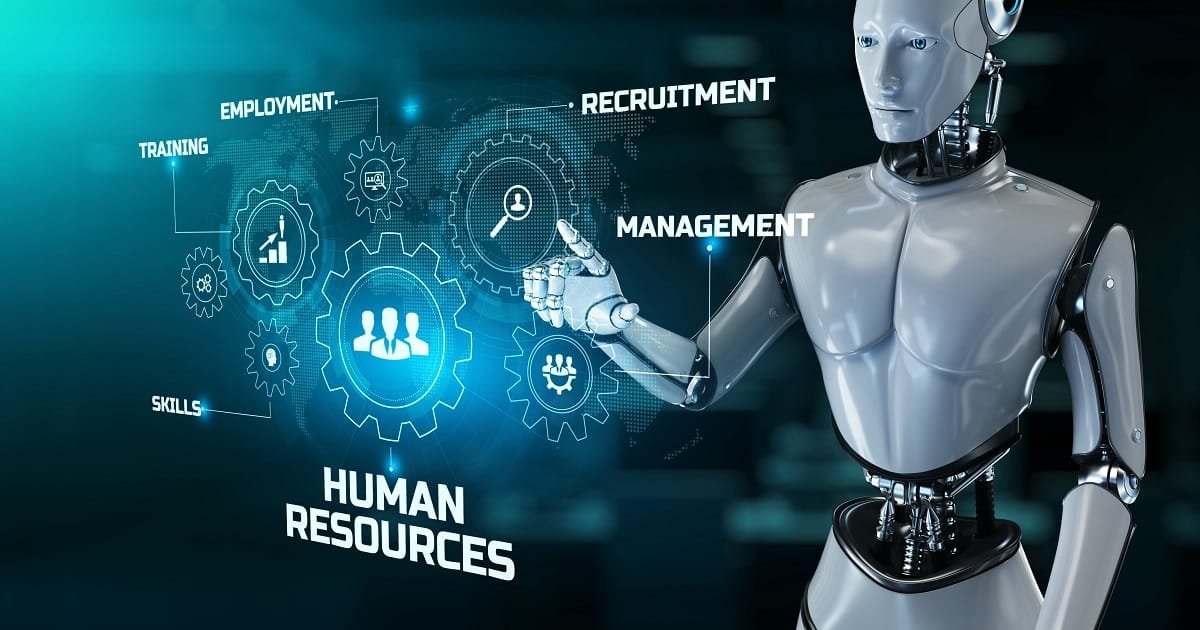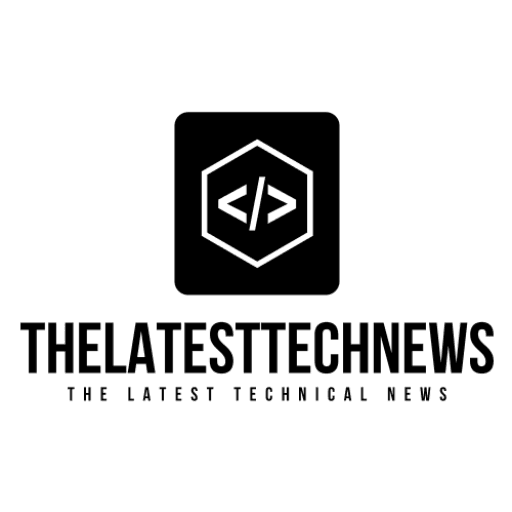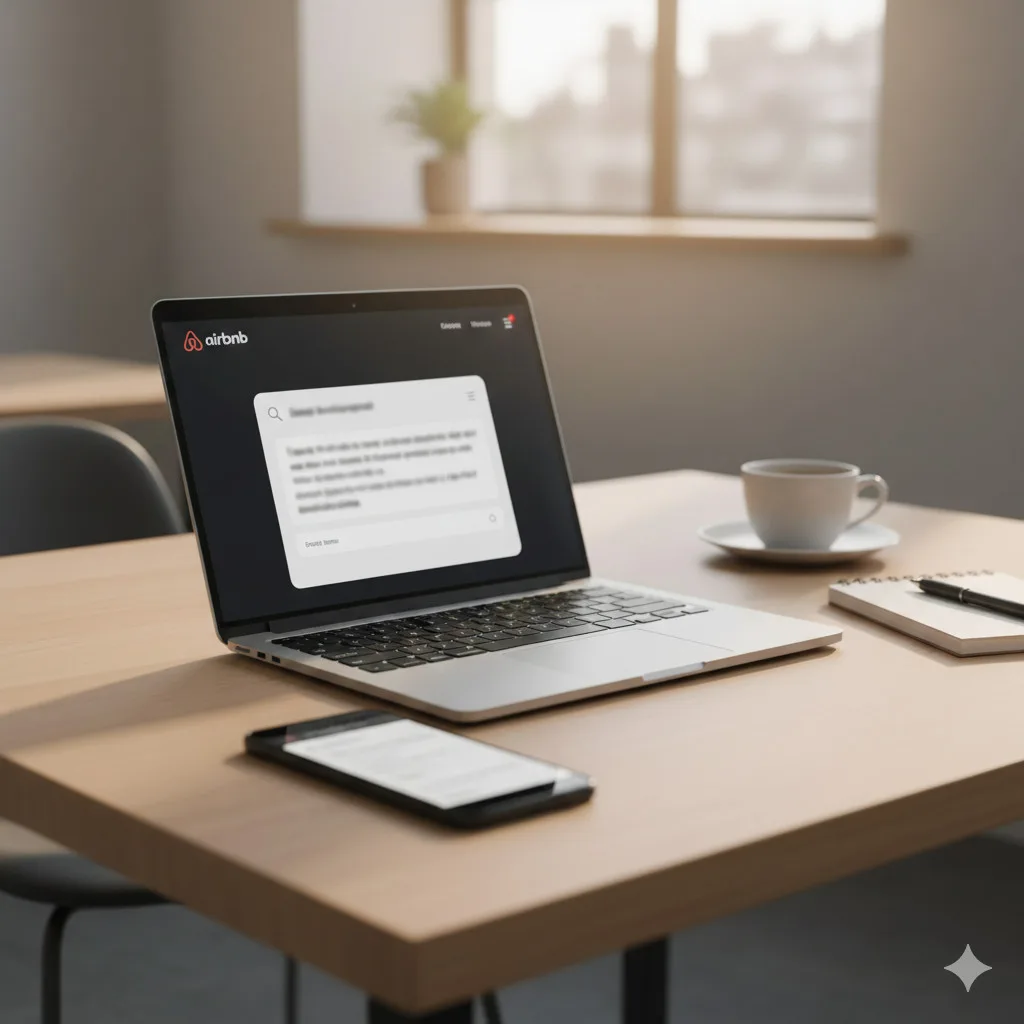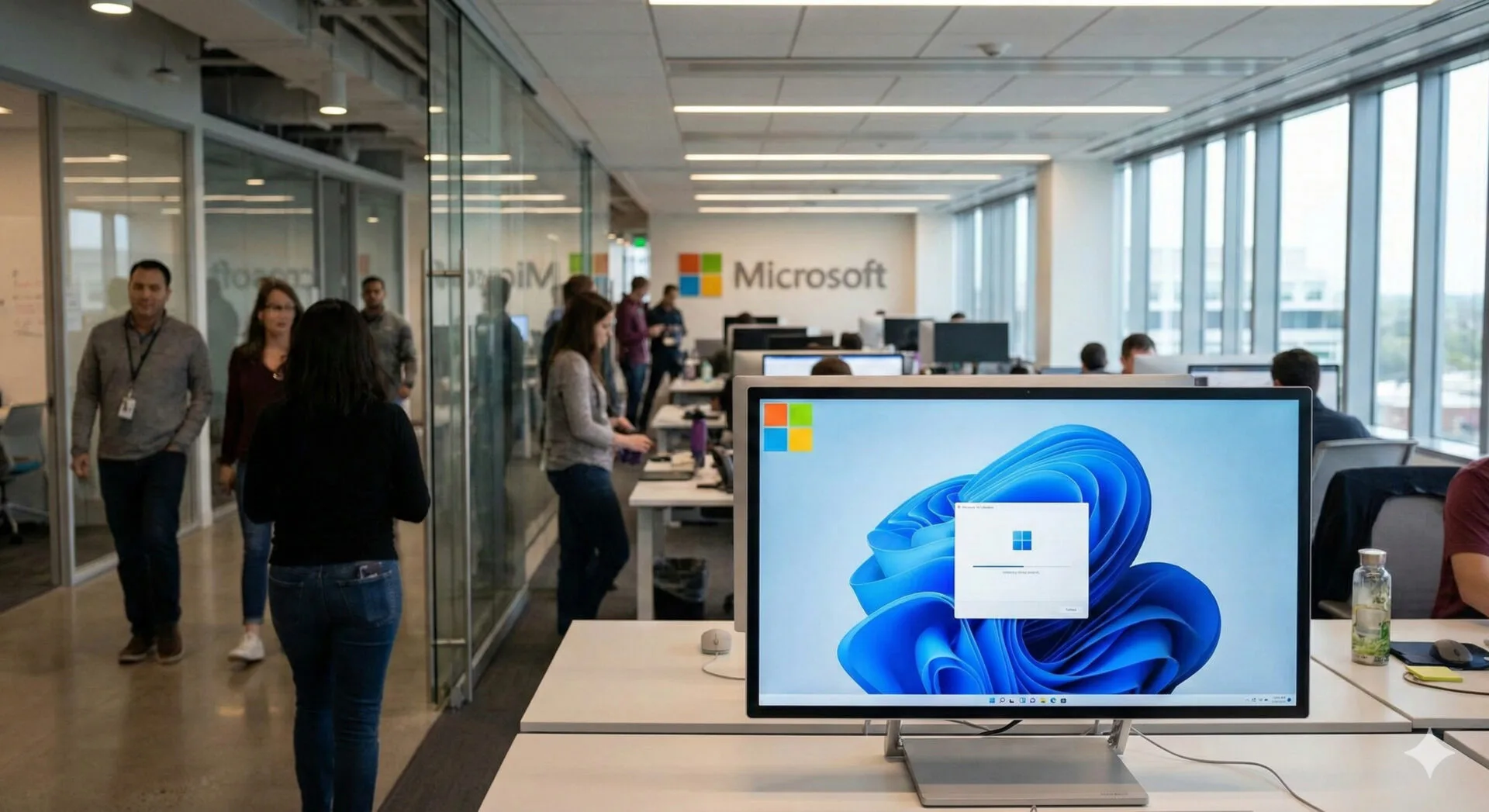Is your HR department running slow because of the manual screening of resumes? Is the HR team spending excessive time on routine tasks, such as payroll, attendance, or leave tracking?
No worries, the AI-powered modern HR management solutions are here to help you! Intelligent HR platforms are rapidly transforming how HR departments operate. From streamlining recruitment to automating routine administrative work, artificial intelligence is making HR faster, smarter, and more strategic.
In this article, we’ll explore how AI is modernizing traditional HR practices and driving efficiency at every level.
How Can AI Help the HR Department?
Leveraging Artificial Intelligence in HR management involves utilizing HR automation tools, such as Machine Learning (ML), Predictive Analytics, and Natural Language Processing (NLP) technology, to automate various HR tasks. AI can help recruiters manage recruitment and execute administrative tasks like drafting contracts and policy documents.
It can automate regular HR tasks like replying to all the questions that a fresher usually asks at the time of joining a company, collecting work performance data, and colleague feedback at the time of appraisal.
How Can the HR Team Leverage AI Technology?
Technology is emerging as a key driver for HR teams in various areas.
- Talent Acquisition
The AI-driven recruitment platform provides the topmost benefits to the HR team, like AI&ML technology can search the suitable candidates from a vast database and provide their details to the HR team. The solution can schedule interviews and generate appropriate questions for the candidate. - Talent Management
AI’s role goes beyond just hiring talent; it also supports talent development by helping employees enhance their skills and ensuring continuous engagement. The HR team’s main motto for using AI is to retain the best talent for a long time in the organization for better productivity. - Talent Analytics
AI can play a crucial role in analyzing the performance of an employee. It can create data to support the HR team at the time of appraisal. Based on the insights, the team makes informed decisions about salary hikes.
Different AI Tools Simplifying HR Tasks
Different types of AI tools are currently in trend, meant to be leveraged by the HR department.
- Conversational AI
Role: Tools like chatbots can mimic the human voice to understand the user’s intention.
Examples:
Assist the candidates by fulfilling their job-related queries.
Candidates can get any answer to their HR-related queries. - Generative AI
Role: Creates new content like text and images from the existing content and data.
Example:
Supports the HR department by creating new HR policies.
Generates interview questions and job descriptions for candidates. - Deep Learning
Role: Customized analysis of HR data as per the requirement.
Example: Evaluate the HR data as per the project, team, and individual job roles.
How to Deploy AI in HR
At the time of deployment of AI (Artificial Intelligence), you must take care that you are feeding it with accurate and timely data. Only then can the system produce relevant results.
Here are the key factors to consider during AI deployment in HR-related tasks:
- Go with the Reliable Data Set
Real-time and accurate data play a crucial role in receiving a genuine response from AI technology. So, you need to first collect all the necessary data, and then you have to ask AI for the desired outcome. - Ensure Proper AI Implementation
You need to know specialized skills and procedures for properly implementing AI. Please ensure you are collecting data from genuine resources and using it correctly to get an accurate result. - Set Clear Goals
Have a clear understanding of your goals. Know how the data will be used, whether they have been acquired from a genuine source, and what outcomes you’re aiming to achieve. - Unbiased Decision
AI works based on the data and logic it’s trained on. It doesn’t deliver manipulated outcomes. Therefore, ensure the data you feed into the system is free from bias, as biased data will lead to biased results.
Advantages & Disadvantages of AI in HRM
There are both advantages and disadvantages of leveraging AI in HR management.
Let’s look at the advantages first:
- Timesaving
The smart AI-powered HR technology can handle both the manual and repetitive tasks executed by the HR department. Be it a new job posting or reducing the work burden, it can execute repetitive tasks for them, like creating replies to candidates’ queries. - Cost Saving
AI can execute a task in a fraction of the time that it may take weeks or months for a human. The technology can identify the top talent for you and even it can tell you where you should allocate your money to get the best human resource result by spending the minimum. - Data-driven Decision Making
AI can collect data on employee performance and help the HR department to make data-driven decisions. If an employee’s performance shows a gradual decline, AI can help identify patterns and provide insights for timely evaluation and intervention. - Enhanced Employee Engagement
It can track individual employees in a business organization on the basis of their achievements, performance, and what they have learned in the past year. It helps the HR department to nurture valuable talent that can increase business productivity. - Smart Candidate Screening
Every business organization cherishes having the best talent on its team. AI can make this tedious work easier for the HR team. They can easily filter out the best candidates based on qualifications, age, experience, etc.
Next, we’ll look at some challenges and risks of implementing AI in the HR department.
- Data Breaches
The HR department usually keeps all the sensitive information, like Social Security numbers, bank information, and government-issued identification. Without proper cybersecurity, all these valuable details are vulnerable to theft and unauthorized access. - Inaccurate Output
Some AI models generate results without properly explaining how they have reached the conclusion or what algorithm they have used for it. This wrong information can mislead the HR team to make the wrong decision. - Unnecessary Spending Risk
Deploying AI for HR management may not be productive if your business and technological goals are not aligned. You may end up building your own AI model and hiring data scientists without getting any productive results. - Risk from Inexperience
As per SAP statistics, two-thirds of the organizations they have interviewed have no AI governance model at all. This is a drawback for business organizations and HR professionals as well. You need to have enough experience to handle the AI-based system professionally and ethically. The inexperience of the HR professionals may cost a company dearly. - Risk of Over-Reliance
While Human Resource management is more people-centric, depending too much on Artificial Intelligence can make decisions too robotic, which will lack any human compassion. This may result in employees feeling disconnected from the HR department.
So, these are some of the advantages and disadvantages of leveraging AI in human resource management.
Read Also: Turning Your Smartphone into a Personal Health Monitor
Future of AI in Managing Human Resources
As per McKinsey research, AI is going to create $13 trillion in economic activity across the world by 2030.
The positive impact of AI will continue to grow on Human Resource Management in the future as well. The technology will continue to empower HRM as data-focused and people-centered in the upcoming times.
With the advancement of AI technology, HR leads can handle the growth and well-being of employees more confidently with real-time data and insights.
Final Thoughts
It is a well-known fact that AI has already started impacting Human Resource Management, and in the future also it will continue to do so. The advantages of leveraging AI-driven HR solutions are many, and both the company and employees are going to receive benefits from it.
From automating regular tasks to enabling proactive data-driven decision-making, AI is streamlining HR processes and improving workforce management. As the technology continues to evolve, it will become even more deeply integrated into HR functions.
The AI-powered Human Resource Management systems empower businesses to harness the full potential of their employees so that they can give the best outcome and make the company reach its productive best.






Leave a Reply